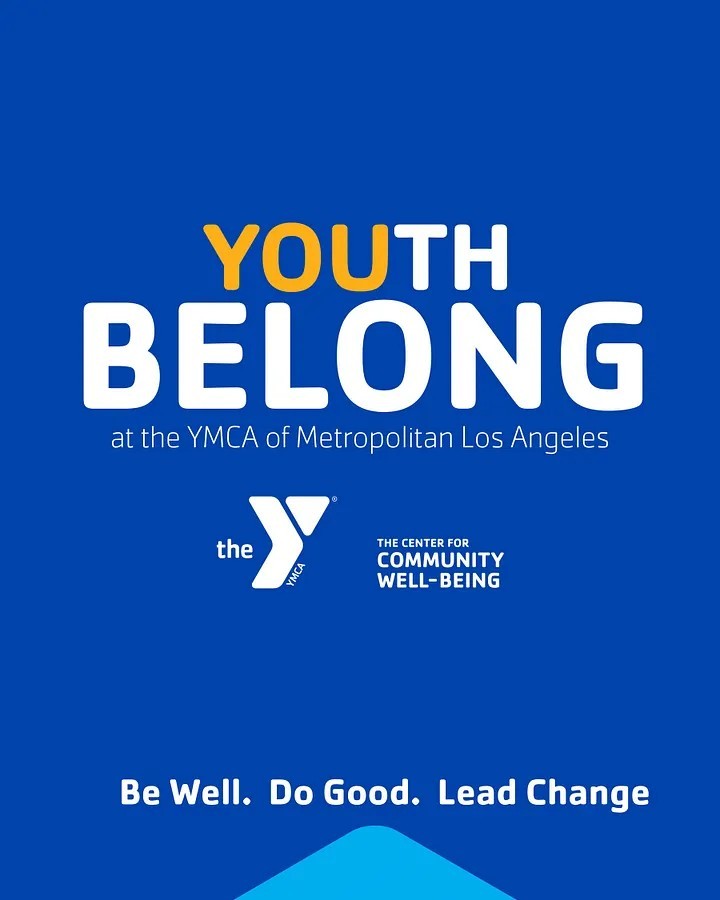What GET SUMMER Taught Me About BELONGING
By Christopher Jefferson, Chief Program Officer, YMCA of Metropolitan Los Angeles
From cradle to community well-being, the LA Y is uniquely positioned to support children across their entire lifespan. No other organization in the world can engage a person from birth to burial—reaching not just individuals but generations of families—like the YMCA. The saying rings truer than ever: “Everyone belongs at the Y.” After more than twenty years with this organization, I have seen the power of what “for all” truly means.
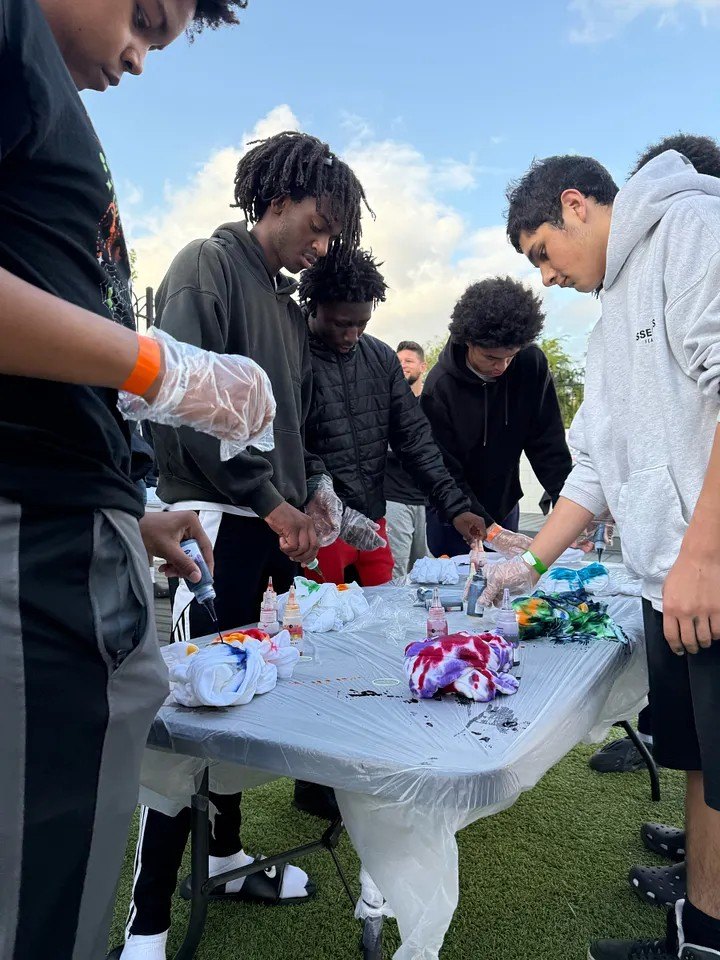
The pandemic was an ominous time in Los Angeles. We witnessed a shift in the world’s trajectory. Our priorities changed—what once felt urgent suddenly felt deeply meaningful. And while the pandemic may be years behind us, the residual impacts are still very real: socially, mentally, spiritually, and physically. We see it in how we respond to everyday life. Trauma, disconnection, and stress have only intensified. Layered on top of that were major social justice movements, contentious elections, and ongoing struggles faced by our immigrant neighbors. The pressures have not let up.
It may sound like a generational lament, but as a Millennial whose formative years were shaped by 9/11, the Great Recession, and the rise of school shootings, I can tell you: well-being is not a luxury—it is essential. And this is where the Y becomes especially important.
At the age of 20, I started as a part-time after school worker at the Culver-Palms Family YMCA. I spent my twenties—and now my thirties—growing up as an employee of the YMCA. Right before my 40th birthday, I was honored to become the inaugural Chief Program Officer of the LA Y. You might think that with all of this experience, I would have seen it all. But this summer—the summer of 2025—taught me something that no title or degree ever could. I received a grounded-level education on the power of BELONGING.
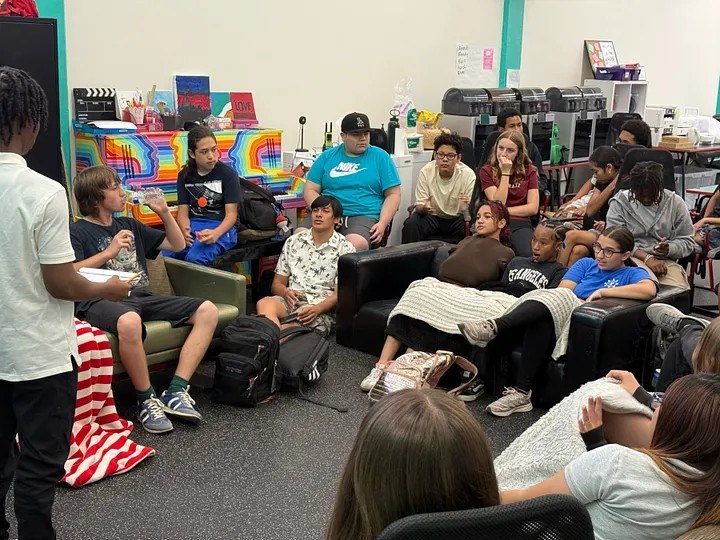
A Decade of GET SUMMER—and a Turning Point
Ten years ago, our retiring Chief Operating Officer, the impeccable Mark Dengler, brought the GET SUMMER initiative to the Los Angeles YMCA. I had always admired the initiative, but as someone who spent most of his career leading child care, I admired it from a distance, “safe” in my own little silo. But last year, after assuming my new role as Chief Program Officer, I was charged with developing a teen engagement strategy—one that would not just offer programs but create a genuine entry point for young people to access the YMCA. That is where GET SUMMER became the centerpiece.
Originally started at the Boston Y, GET SUMMER has spread across the country—and for good reason. On paper, it offers free summer memberships to teens ages 12–18. But in practice, it is so much more.
In 2024, we served 3,500 teens through GET SUMMER. That is good—but in a city as large and complex as LA, it did not feel transformational—in fact, it felt very transactional. We knew coming in to 2025 we had to break through. Our goal for 2025? Reach 5,000 teens—a mild increase, but a quantifiable goal.
I knew the only way to get there was to do what Youth Development has always done best—shift the atmosphere, innovate, and, respectfully, disrupt the norm. A simple shift in our enrollment process—making it faster, easier, and more intuitive—made all the difference. We know this to be true: when we remove barriers, young people show up. And this summer, they did—by the thousands.
By mid-July, we were on track to surpass 15,000 Get Summer enrollments. How? By eliminating barriers to access and by turning BELONGING into an action word. We know that Belonging is a social driver of health and well-being, but in the context of Get Summer, Belonging has to be a verb. When we remove the friction—whether it is cost, paperwork, or assumptions about what kids “need”—they come. Not because we have a dazzling range of activities, but because we have given them a place to feel safe, to be seen, and to figure out who they are.
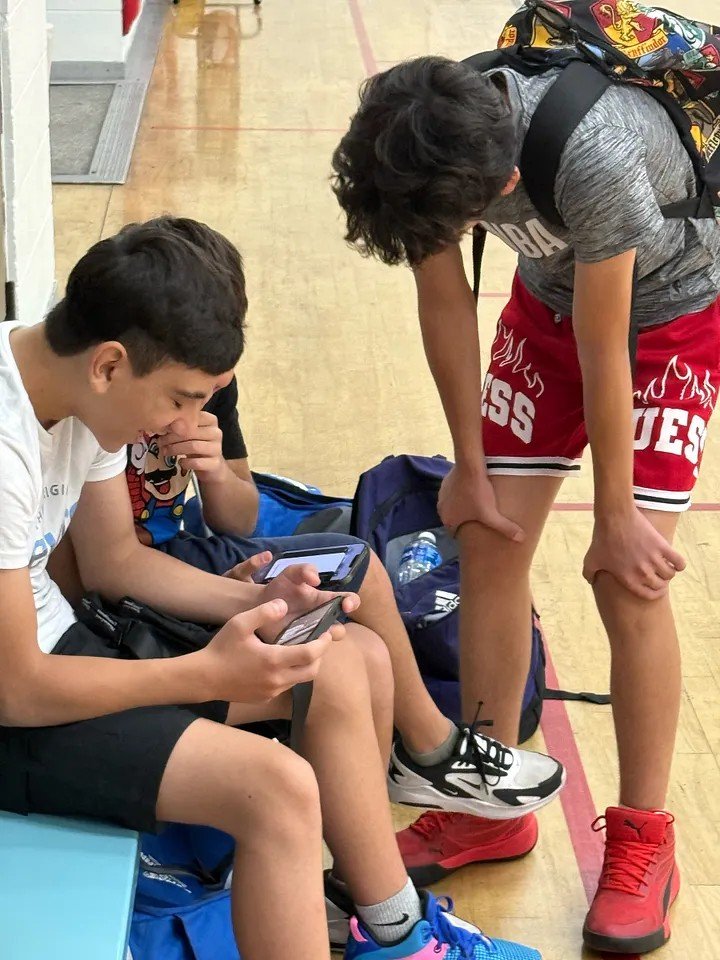
It Was not About Programming. It Was About Presence.
My biggest “aha!” moment came back in March, when someone asked, “Well, what programs are we going to promote to get teens to sign up for GET SUMMER?” It was a reasonable question. But at that moment, I paused. Because GET SUMMER was not calling for us to design more programs. It was calling us to create experiences—spaces where teens could find their second home at the Y.
Teens were not asking to be overly scheduled or programmed. They were asking for a safe place—
A place to make friends.
A place to play pickup basketball.
A place to cool off and scroll on their phones.
A place to lift weights.
A place to figure out who they are.
All summer long, I walked through our Y centers and found myself emotionally overwhelmed—not because of a stat or report, but because I could see it with my own eyes: teens were showing up, and they felt safe. They were comfortable. They were present. They belonged.
Instead of defaulting to “programming teens,” we let the Y be what it has always been: a beacon of safety, heart, and hope. Belonging became the strategy—not just a tagline. Because it is not enough to say “everyone belongs at the Y”—we must prove it, every single day.
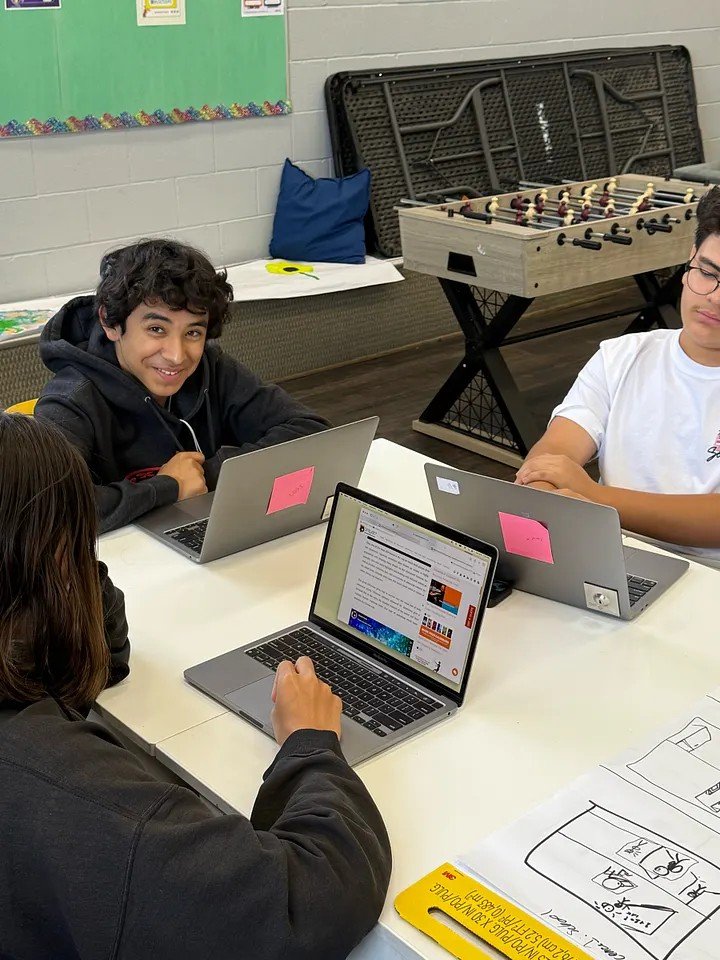
Belonging as a Social Driver of Health
When we talk about belonging, we’re not just talking about warm feelings or a sense of welcome—we’re talking about health. Real, measurable, life-altering health. Belonging is not a “nice to have”—it’s a public health imperative. At a time when disconnection surges and mental health challenges are escalating; the presence or absence of belonging can shape the entire trajectory of a young person’s life. That’s why at the YMCA, we no longer treat belonging as an abstract value. We treat it as a vital sign. And when we do, we start to see how it intersects with every social driver of health—from education and health equity to economic stablity and civic engagement.
Belonging: Teens who feel a strong sense of belonging report better mental health, lower levels of depression and anxiety, and stronger protective factors like resilience and hope. Loneliness is deadly. The U.S. Surgeon General has warned that social disconnection increases the risk of premature death by more than 60%, comparable to smoking 15 cigarettes a day. Teens are especially vulnerable. Belonging reduces suicide risk. Students with a high sense of school belonging are 4.3 times less likely to report suicidal ideation.
Education Equity: A sense of belonging in school improves GPA, attendance, and graduation rates. Teens who feel like they belong in school are almost twice as likely to have a GPA above 3.0 and 30% more likely to graduate on time. Racial and gender identity-based microaggressions reduce belonging. Marginalized students are more likely to report alienation, reinforcing the importance of culturally responsive programs.
Health Equity: 42% of high school students felt persistently sad or hopeless in 2021, 1 in 5 seriously considered suicide and LGBTQ+ youth are twice as likely to experience depression and anxiety. Belonging is protective. Teens who feel connected to family, school, and community are significantly more likely to avoid risky behaviors (e.g., substance use, violence) and show stronger emotional regulation.
Civic Engagement: Belonging fuels civic identity. Teens who participate in youth-led civic activities report higher levels of community connectedness, self-efficacy and trust in institutions. Early civic engagement = lifelong participation. Teens involved in service learning or community action are more likely to vote, volunteer, and lead in adulthood.
Economic Stability: Youth employment builds belonging. Programs that give teens real-world work experience foster self-worth, responsibility, and connection to their communities. Low-income youth are less likely to feel valued. Economic hardship correlates with higher levels of social exclusion, limiting long-term opportunity.
Belonging touches everything. It’s not separate from education, health, civic life, or economic opportunity—it’s the thread that weaves them all together. When teens feel like they matter, they show up differently—in classrooms, in communities, in their own futures. And while data helps us understand the urgency, it’s the lived experiences that bring the story to life. The real impact of belonging doesn’t just show up in reports—it shows up in the everyday moments we too often overlook. So what does belonging actually look like in practice? This summer, we found out.
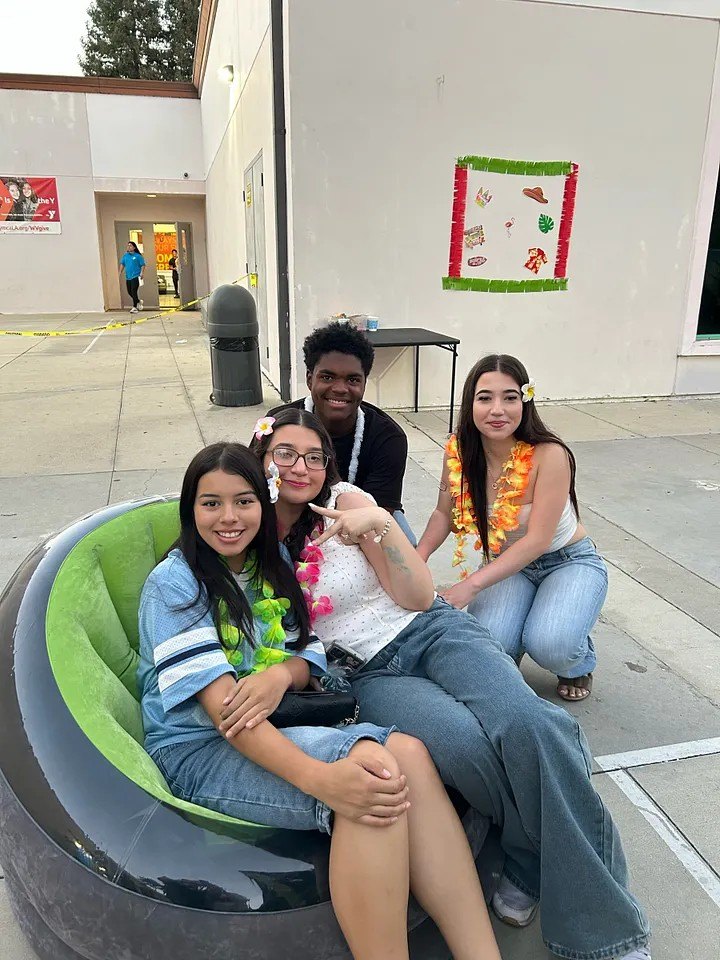
This Is What Belonging Looks Like
GET SUMMER has become a barrierless gateway to everything the YMCA has to offer. And the impact has been far-reaching:
- Teens in our Youth Institute are designing digital magazines and producing original short films, culminating in a county-wide film festival to celebrate their accomplishments.
- Our Teen Nights feature everything from lifting weights and eSports to CPR classes and rock climbing.
- Our teens in our YMCA Global Change Makers program traveled the country advocating for causes they believed in, embarking on a journey to change not only their communities, but the world.
- Teens in the YMCA F.E.L.L.O.W.S. program earned real-world job skills and a paycheck while working at the Y and being guided by mentors and advisors.
- Members of our Teen Task Force Leadership Council are shaping strategy at the YMCA by engaging with board members and the governance process, elevating the barriers of transportation that keeps so many teens from venturing outside of their homes.
- Through Jr. Clippers, Dodgers Dreamteam, LA Kings Ball Hockey and other youth leagues, teens are playing organized sports they may not have had access to in school, remaining active and healthy during the summer months.
- Youth and young adults in foster care or formerly in foster care now have access to YMCA memberships and programs across the LA county, with independent YMCA’s from outside of our Association rallying to provide access too.
- At Girls Empowerment Day, thousands of young women found community with the Y enjoying a positive Y experience with our major league sports partners in Los Angeles—and many of these girls stayed connected to the Y through GET SUMMER.
- The Y continued its investments in young people, giving many the ability to say, “I got my first job!”, certifying dozens of teens as referees and giving them their first paid work experience through our Teen Referee Academy.
- And thanks to partners like Didi Hirsch’s Teen Line and our mental health collaborative, teens are receiving the social-emotional support they deserve.
All of this—every program above—is offered completely free of charge to teens. This was not about a free membership. It was about access. It was about belonging. The story is not in the data—it is in the moments, the conversations, the connections, the positive feelings and the sense of well-being. We could have easily filled up a calendar but instead, we simply opened the door.
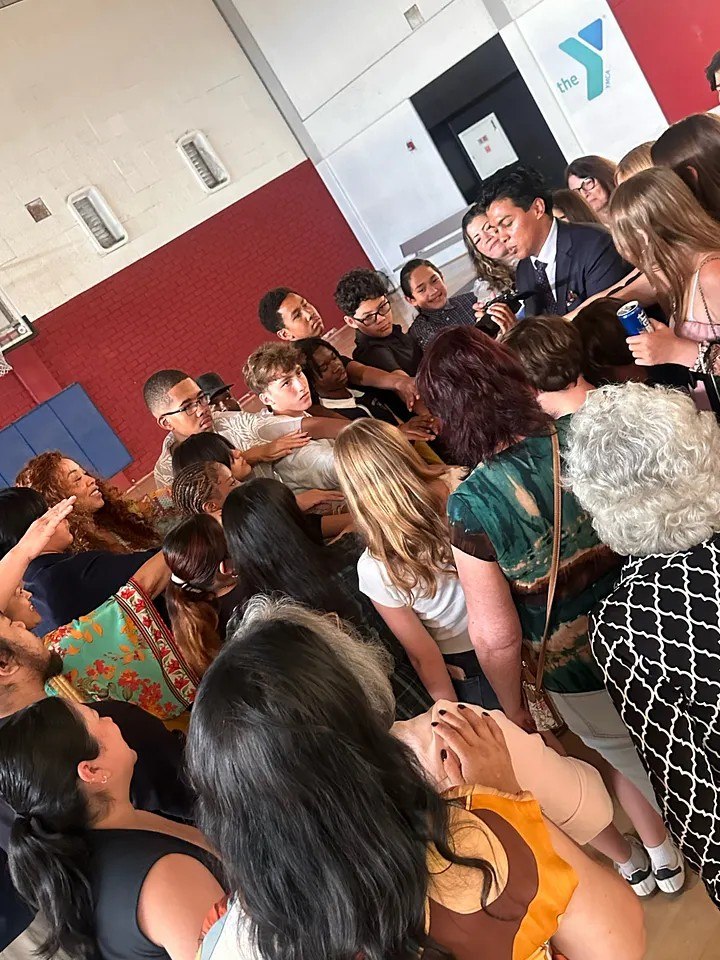
For All, For Real
A group of well-intentioned adults, me included, once sat around a table trying to decide what teens needed from the Y. It was a strategy destined to fall short. What we discovered instead—through reflection, risk, and real-time feedback—was that teens do not need us to define every step. They need us to provide the space and support for them to become who they already are.
That is the heart of the YMCA. That is how we endure another 175 years.
In my two decades with this organization, I have never been prouder. Teens have found their safe place and their forever home at the Y. They are seen. They are heard. They are respected. They are cared for. And they belong.
This is what for all looks like—access, heart, and a deep appreciation for the unique value of every young person who walks through our doors. Young people do not need more programs—they need more places to belong.
If we want to support youth in Los Angeles—and across the country—we must rethink what engagement looks like. Instead of asking, “What should we offer teens?” let us start asking, “What barriers can we remove so they can thrive?”
To the teens of Los Angeles: you belong here, and we mean it. We are holding space for you—today, this summer, and always.
